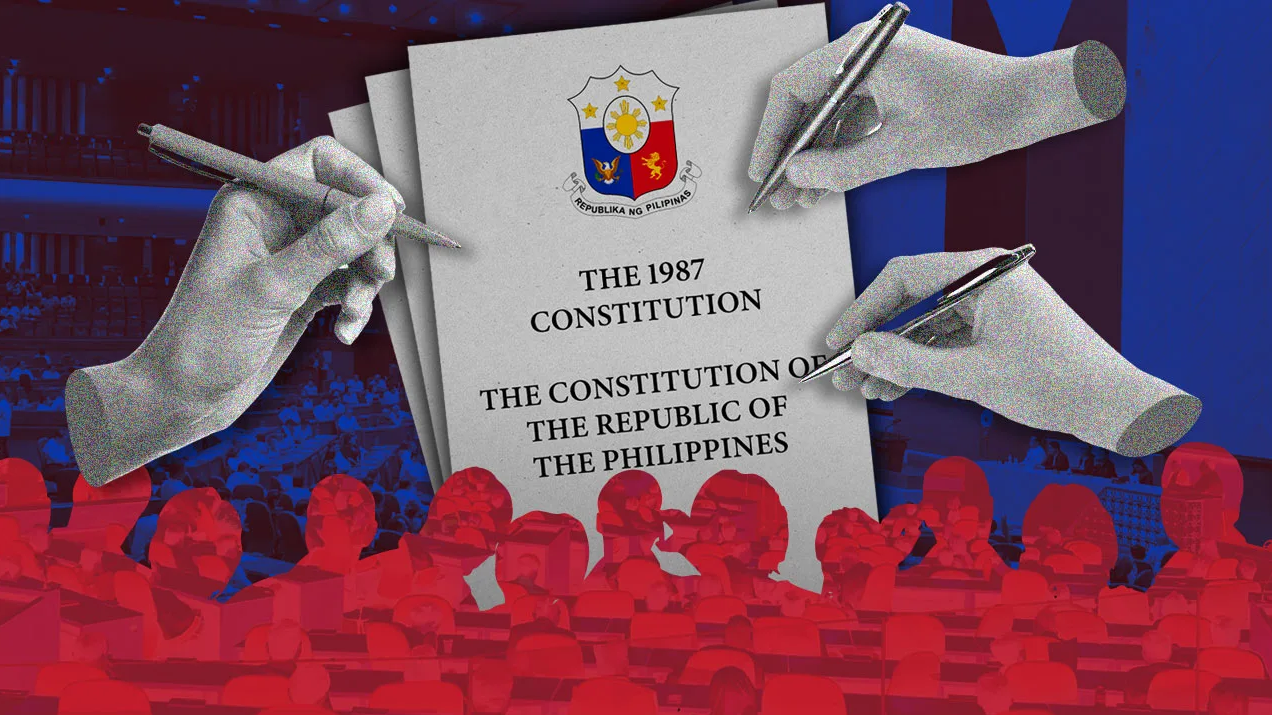Constitutional Supremacy Is Non-Negotiable: A Rebuttal to Media Arrogance
By: Arnedo S. Valera, Esquire
Mr. Richard Heydarian’s recent public statement directed at supporters of former President Rodrigo Duterte (DDS) is a clear demonstration of elitist condescension, cloaked in the rhetoric of constitutional discourse. His assertion that the DDS movement lacks “first-rate scholars” and his smug defense of critiques against the Supreme Court betray not only arrogance but also a fundamental misunderstanding of how constitutional democracies function.
This rebuttal will affirm three essential points:
(1) The Supreme Court of the Philippines is the final arbiter of constitutional meaning;
(2) Constitutional rulings must be followed, regardless of political persuasion;
(3) Academic or journalistic commentary—however popular—cannot override judicial authority.
Finality of Supreme Court Decisions in Constitutional Democracies
Under settled doctrine, Supreme Court decisions—particularly in constitutional matters—are final, executory, and binding on all branches of government. This was enshrined in the landmark case of Angara v. Electoral Commission, 63 Phil. 139 (1936), where Justice Laurel wrote:
“The Constitution has set up a government of three departments, each of which is supreme within its own sphere... and the Supreme Court is the final arbiter of all constitutional questions.”
This is not unique to the Philippines. In the United States, Cooper v. Aaron, 358 U.S. 1 (1958), reiterates the same:
“The federal judiciary is supreme in the exposition of the law of the Constitution… The interpretation of the Constitution by the Supreme Court… is the supreme law of the land.”
Hence, once the Philippine Supreme Court has ruled, no amount of public or journalistic opinion—even by media personalities or newspaper columnists—may negate its legal authority.
The Vice President's Impeachment Case: A Constitutionally Sound Ruling
In G.R. No. 278353, Vice President Sara Z. Duterte v. House of Representatives, the Supreme Court voided the Articles of Impeachment for failure to comply with Article XI, Section 3(2) of the 1987 Constitution. As interpreted in Francisco v. House of Representatives, G.R. No. 160261 (2003), any initiation of impeachment must follow a precise constitutional procedure—including referral to the proper committee and plenary vote before transmission to the Senate.
The Supreme Court held that the complaint was void ab initio—not because of political bias—but due to the absence of procedural due process. The decision reaffirms that constitutional violations cannot be cured by political will or numbers in Congress.
To call this ruling "overreach" is to ignore the bedrock principles of separation of powers and checks and balances.
Constitutional Critique Is a Right, But Defiance Is Not
Mr. Heydarian is free, like any Filipino citizen, to voice his opinions as a columnist and media commentator. That is his constitutional right under freedom of expression. But opinions, no matter how forcefully stated or media-backed, do not carry the force of law.
While he invokes “academic freedom” and the right to critique judicial decisions, he conveniently forgets that no one is above the law—neither politicians, journalists, nor political commentators. The role of the Court is to interpret the Constitution—not to bow to public opinion polls or trending hashtags.
Undermining Judicial Authority Weakens the Rule of Law
When public commentators assert that judicial decisions can be casually dismissed or disregarded based on their perceived political leanings, they promote institutional anarchy. If each ruling is simply labeled as “biased” when inconvenient, no legal order can survive.
What is being challenged here is not simply a legal outcome—but the very integrity and finality of judicial review in a constitutional republic.
Conclusion: The Supreme Court Is the Final Word
It is deeply troubling that some public figures now casually dismiss the authority of the Supreme Court and insult others who support its ruling with condescending rhetoric. The reality is simple: Supreme Court rulings are binding. They are not subject to reversal by TV commentary, social media pressure, or journalistic credentials.
We must remind ourselves: in a constitutional democracy, it is not the loudest voice, the most widely shared article, or the most eloquent opinion that governs. It is the Constitution—interpreted by the Court, and binding on all.
As citizens committed to the rule of law, we must uphold that truth—not selectively, but universally.
Atty. Arnedo S. Valera is the executive director of the Global Migrant Heritage Foundation and managing attorney at Valera & Associates, a US immigration and anti-discrimination law firm for over 32 years. He holds a master’s degree in International Affairs and International Law and Human Rights from Columbia University and was trained at the International Institute of Human Rights in Strasbourg, France. He obtained his Bachelor of Laws from Ateneo de Manila University. He is an AB-Philosophy Major at the University of Santo Tomas ( UST). He is a professor at San Beda Graduate School of Law (LLM Program), teaching International Security and Alliances.

Comments
Post a Comment